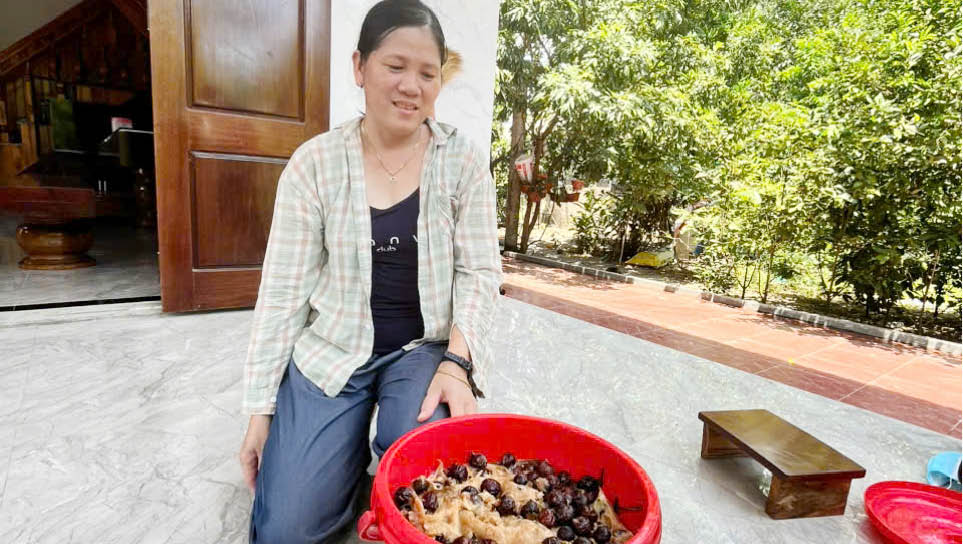 |
| Model of making cleaning enzymes in Huong Thuy ward |
At the end of the Dong Ba market, traders classify waste at source. “Every day, we classify organic waste at the market and put it in designated bins. This is an activity that has been initiated by the market management board for a long time, contributing to keeping the market environment clean and allowing farms, households, and cooperatives to collect organic waste for fertilizer,” said Nguyen Thi Thu Huong, a trader at Dong Ba market.
Huong Long Saemaul Agricultural Service Cooperative is one of the pioneering cooperatives in composting with biological products to replace chemical fertilizers, creating a "green" and sustainable production model. According to statistics from the project (DA) "Hue - Plastic-reducing urban area in Central Vietnam", since implementing the collection of organic waste to produce bio-fertilizers in 2021, Huong Long Saemaul Agricultural Service Cooperative has processed more than 6 tons of organic waste transferred from Dong Ba market.
According to Ms. Mai Tinh Thuy, Director of Huong Long Saemau Agricultural Service Cooperative, the unit focuses on organic vegetable and root cultivation. On average, each month, the Cooperative makes about 4 trips to collect agricultural by-products from Dong Ba market, then composts them with biological products to create organic fertilizer for production.
“Thanks to this approach, the cooperative's vegetable area has been certified for safe production, helping products easily reach the market and creating trust with consumers. We plan to expand the cultivation area and develop more safe livestock models, moving towards building a closed agricultural ecosystem, with the goal of reducing pollution, increasing production value and moving towards green, sustainable agriculture for the community,” said Ms. Thuy.
Turning waste into organic fertilizer is one of the models that the project “ Hue - Plastic-reducing urban area in Central Vietnam” has supported in the past time. According to a survey on the current waste situation in Hue when the project was first launched, organic waste accounts for the largest proportion of domestic waste in Hue City (old), with more than 270 tons/day. Of which, households are the main source of waste, followed by markets, restaurants and schools. To take advantage of organic waste as a resource and reduce emissions, the project “Hue - Plastic-reducing urban area in Central Vietnam” cooperates with partners to promote collection and treatment models at the source such as composting, making cleaning enzymes and making animal feed.
“The project has coordinated with the Women's Union and the Farmers' Association of Hue City to organize 10 training courses for all staff and leaders of the two associations. The training content focuses on the method of treating easily decomposable organic waste using indigenous microorganisms - an environmentally friendly approach that is easy to apply in the community. From April to June 2025, 43 training courses on classifying organic waste at source and utilizing waste as fertilizer and cleaning enzymes were organized, with the participation of 1,390 households. Notably, more than 600 typical households were supported with tools and biological products to directly implement the model at home, contributing to the expansion of the green living movement in the Hue community,” informed Mr. Nguyen Ngu Giao, expert of the project “Hue - Plastic-reducing urban area in Central Vietnam”.
These efforts have brought about many positive results, the models have had a strong influence, especially the model of making cleaning enzymes. From fruit peels rich in essential oils such as orange, lemon, grapefruit, pineapple combined with soapberry and sugar, women have created a completely natural cleaning enzyme. Through this model, the Women's Union of wards and communes has utilized more than 400kg of fruit peels, reducing a large amount of organic waste discharged into the environment.
Associate Professor, Dr. Hoang Cong Tin, Head of the research team of the project "Hue - Plastic-reducing urban area in Central Vietnam" commented: "In order for organic waste utilization models to be effective in the long term, the support of local associations and organizations plays a very important role. In addition, depending on the season and weather conditions, there needs to be a flexible implementation plan to ensure fertilizer quality and limit loss. At the same time, in-depth training for association and grassroots association staff will help them become the core of technical guidance and timely support for people, so that the composting and enzyme-making models can truly come into life, contributing to nurturing a green - clean - sustainable Hue".
Source: https://huengaynay.vn/kinh-te/bien-rac-thanh-san-pham-xanh-159036.html



![[Photo] Prime Minister Pham Minh Chinh chairs meeting on nuclear power plant construction](https://vphoto.vietnam.vn/thumb/1200x675/vietnam/resource/IMAGE/2025/10/22/1761137852450_dsc-9299-jpg.webp)
![[Photo] Da Nang: Shock forces protect people's lives and property from natural disasters](https://vphoto.vietnam.vn/thumb/1200x675/vietnam/resource/IMAGE/2025/10/22/1761145662726_ndo_tr_z7144555003331-7912dd3d47479764c3df11043a705f22-3095-jpg.webp)
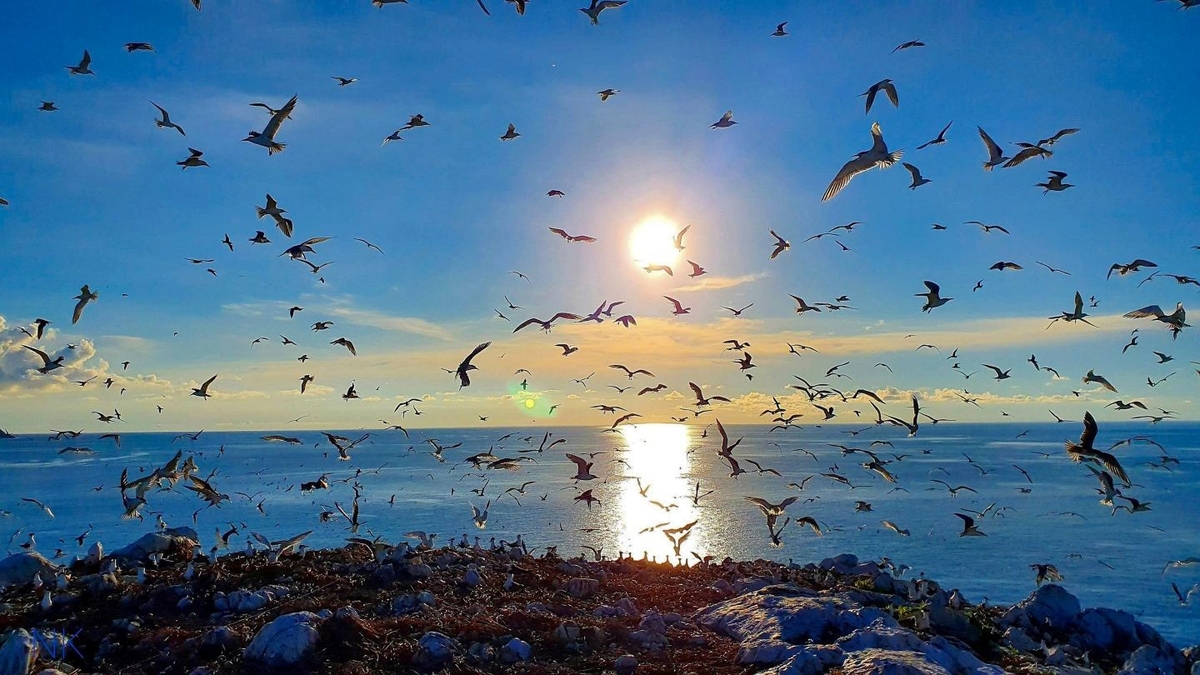
![[Photo] Award Ceremony of the Political Contest on Protecting the Party's Ideological Foundation](https://vphoto.vietnam.vn/thumb/1200x675/vietnam/resource/IMAGE/2025/10/22/1761151665557_giaia-jpg.webp)

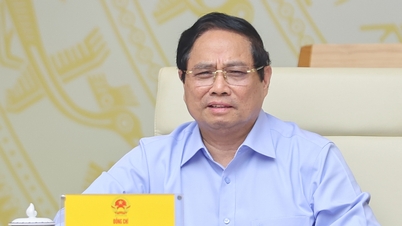







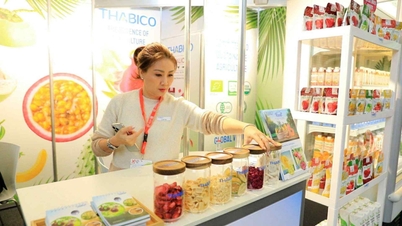


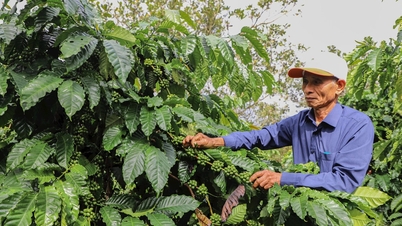

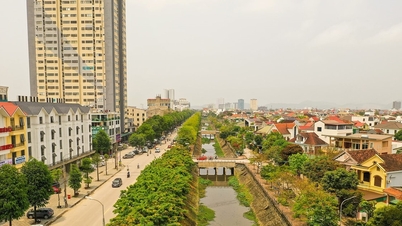













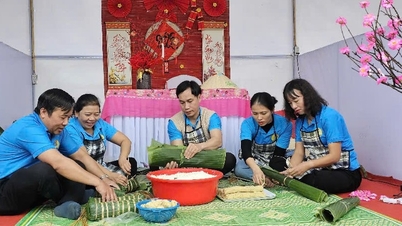
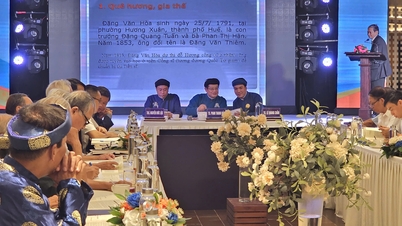
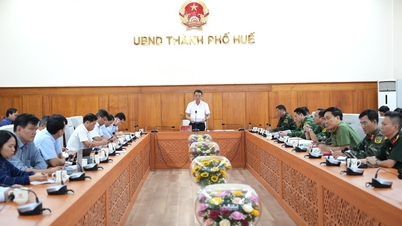
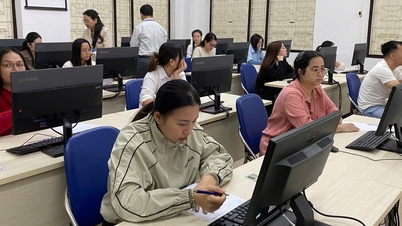
![[Photo] General Secretary To Lam and his wife begin their official visit to Bulgaria](https://vphoto.vietnam.vn/thumb/1200x675/vietnam/resource/IMAGE/2025/10/23/1761174468226_tbtpn5-jpg.webp)
![[Photo] Comrade Nguyen Duy Ngoc visited and worked at SITRA Innovation Fund and ICEYE Space Technology Company](https://vphoto.vietnam.vn/thumb/1200x675/vietnam/resource/IMAGE/2025/10/23/1761174470916_dcngoc1-jpg.webp)








































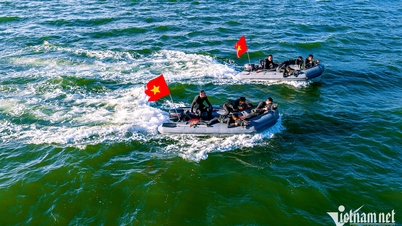
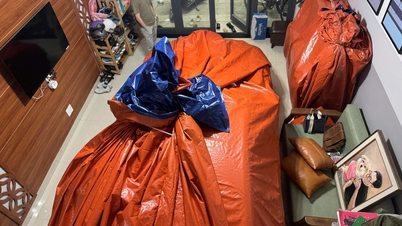
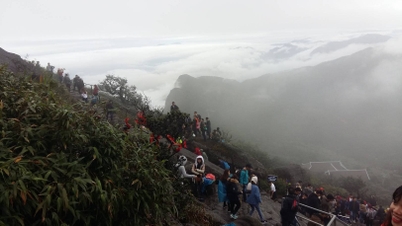

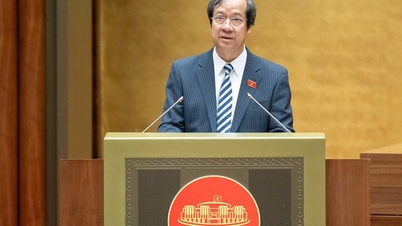

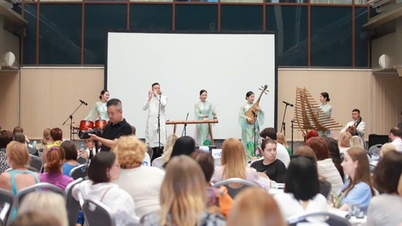
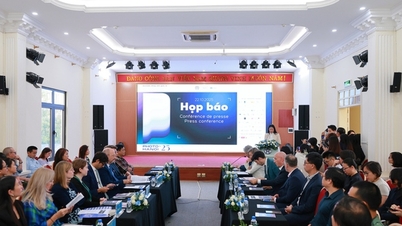
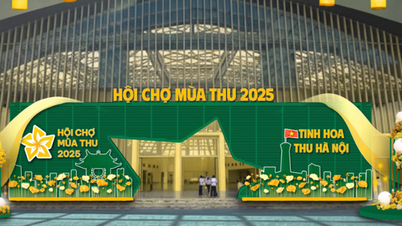
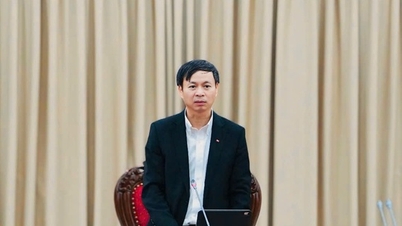

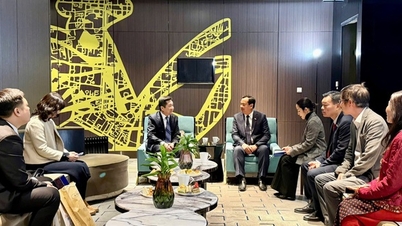
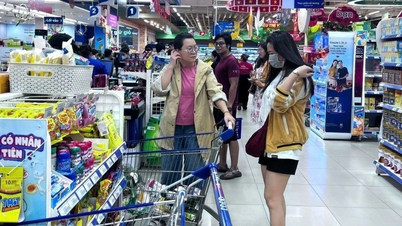

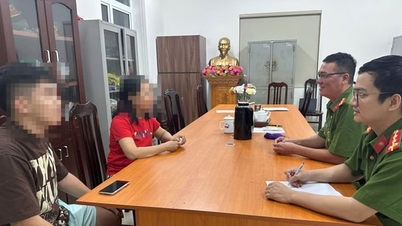

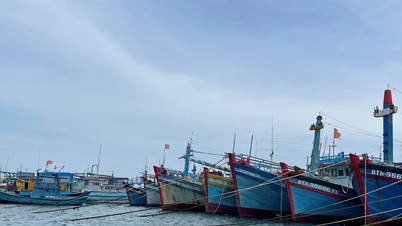
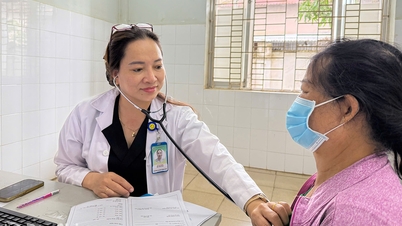
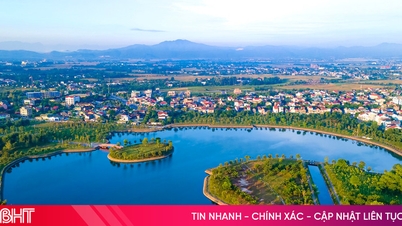

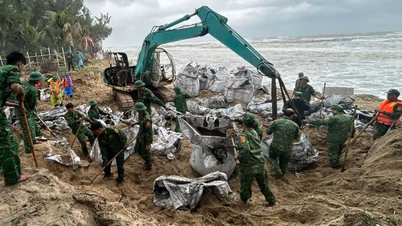










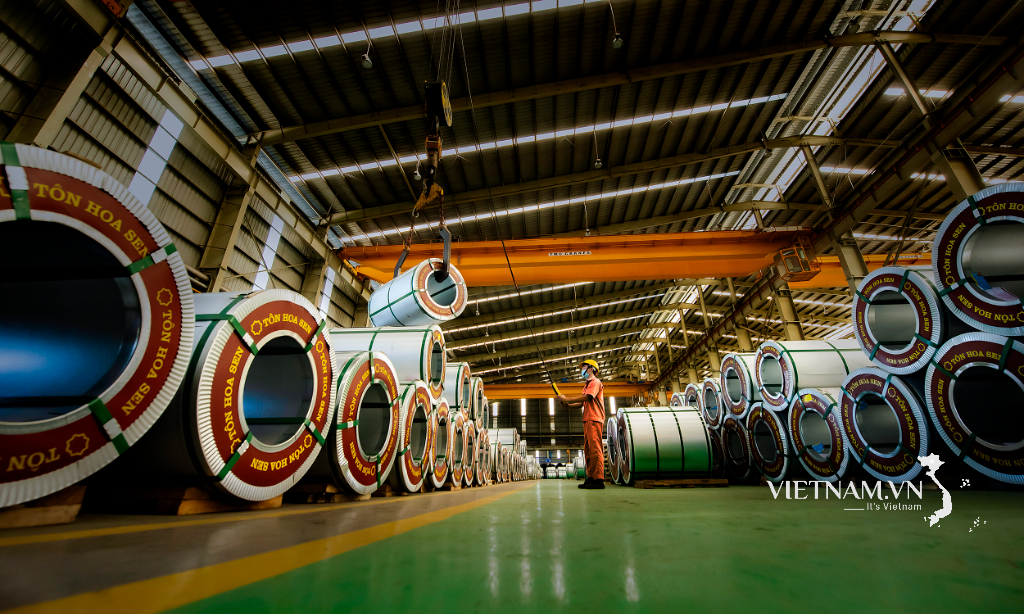

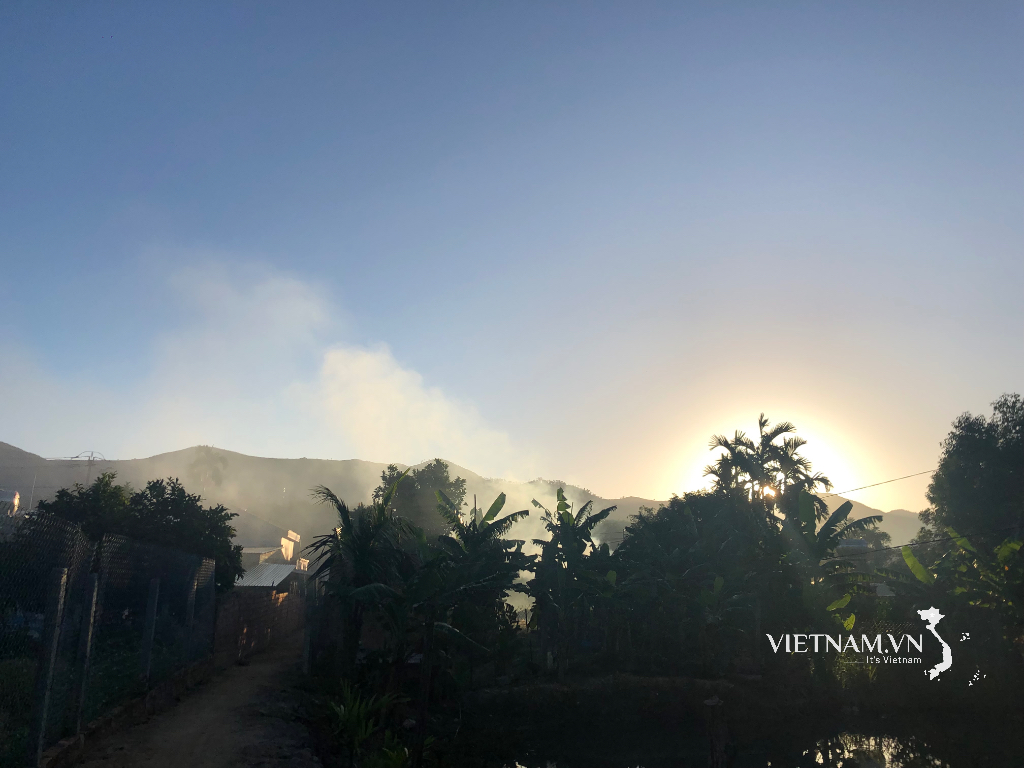
Comment (0)